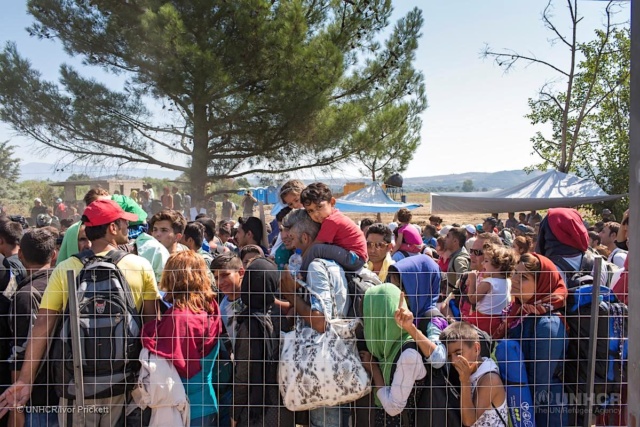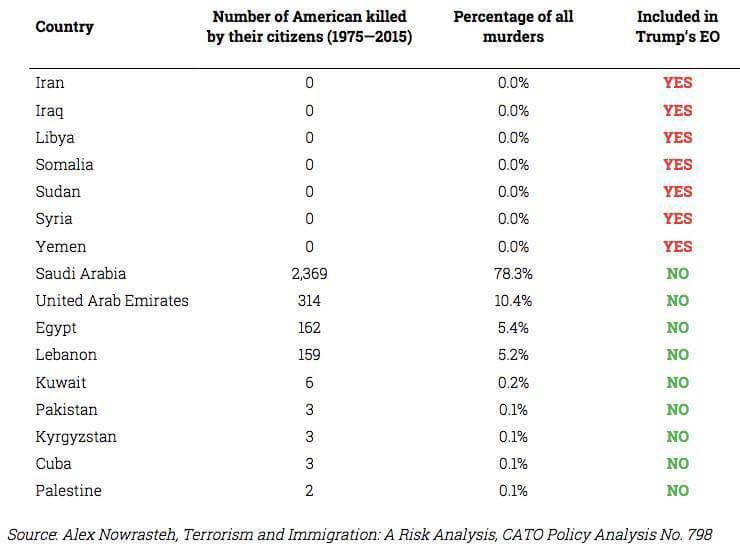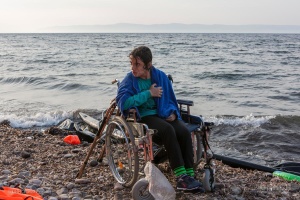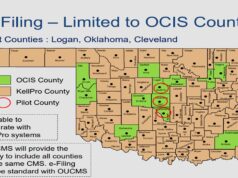
If you’re a reasonable American looking for a glass-half-full take on President Donald Trump’s controversial travel/refugee ban for seven nations, perhaps you can appreciate The Donald’s impending head-on collision with the U.S. Constitution and our judicial branch of government.
Here’s a preview:
Trump’s executive order is titled “Protection Of The Nation From Foreign Terrorist Entry Into The United States,” and it affects only Iran, Iraq, Libya, Somalia, Sudan, Syria and Yemen.
An image (below) featuring statistics taken from a CATO Institute study has been making the rounds on social media to highlight apparent irony about the nations included in and excluded from the “protection of the nation” executive order.

Statistics about terrorism deaths aside, Trump’s decision to implement this 90-day executive order means one of his first big expenses of presidential political capital will be tied up in court so heavily that it’s unlikely to accomplish much other than disrupting some travel plans, stressing America’s convoluted refugee-acceptance program and costing the new administration a litany of negative headlines.
Federal judges in at least four states have already stayed the executive order, largely at the appeal of attorneys for the American Civil Liberties Union.
Trump administration officials have been arguing that the order affects few people in sum, and Trump himself has stuck to his campaign phrase of “extreme vetting” for those traveling into the U.S.
The value of checks and balances
Just exactly what Trump’s 90-day executive order will do remains to be seen. Legal challenges to Friday’s order began almost immediately, and they tangibly represent an idea hammered home to even the least-interested U.S. government students across the country: American democracy works because of checks and balances.
RELATED
Banning refugees would deny Christianity’s vulnerability by Ben Janssen
Trump’s executive order — panned by even the likes of Dick Cheney, Sen. Jeff Flake (R-Ariz.) and Sen. John McCain (R-Ariz.) — would be far worse if America were devoid of a court system intended to blunt the power of strong-arming executives. Moreover, while writing congressional representatives and ranting on social media make a statement, the real battle against this brash effort to undermine America’s welcoming nature will take place in an entirely separate branch of government.
And that’s a good thing.
Should President Trump fail to have his way and instead find judicial impediments to his executive demands, perhaps he will reconfigure his vehicle to avoid future tumultuous crashes.
Or, perhaps he will push to remove judges from their positions by either force of pen or show of military.
Should he do that, it would be a very bad thing.






















